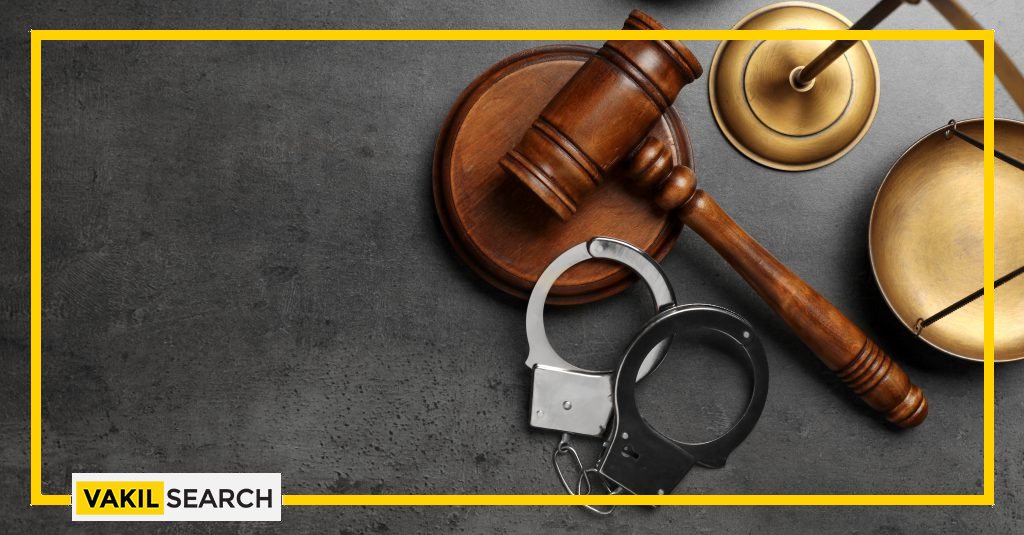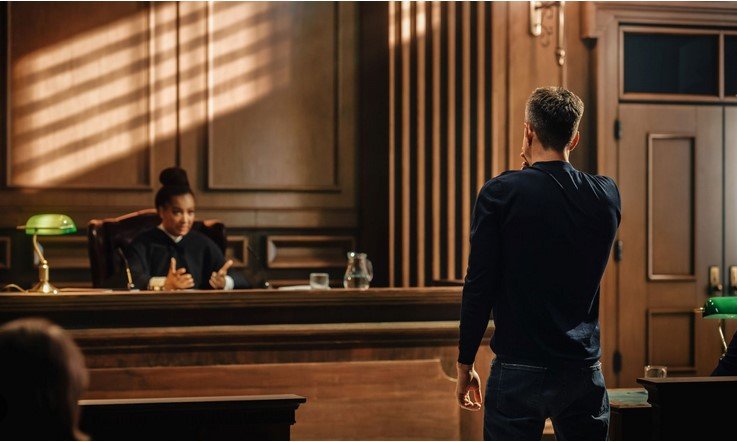Criminal defense is a crucial aspect of the legal system, aiming to protect individuals accused of crimes. Understanding the fundamental concepts and strategies involved in criminal defense can help navigate the complexities of the legal process and ensure a fair trial. This article delves into key elements of criminal defense, including roles, tactics, and essential strategies.

The Role of a Criminal Defense Attorney
Defending the Accused
A criminal defense attorney’s primary role is to defend individuals accused of crimes. This involves protecting the rights of the accused and ensuring that they receive a fair trial. The defense attorney works to challenge the prosecution’s case, present evidence in favor of the accused, and negotiate potential plea deals.
Legal Advice and Representation
Defense attorneys provide crucial legal advice and representation throughout the legal process. They help clients understand the charges against them, the potential consequences, and the available legal options. From pre-trial motions to courtroom representation, the attorney plays a vital role in advocating for the accused.
Key Concepts in Criminal Defense
Presumption of Innocence
One of the fundamental principles in criminal defense is the presumption of innocence. This principle means that an accused person is considered innocent until proven guilty. The burden of proof rests with the prosecution, which must establish the defendant’s guilt beyond a reasonable doubt.
Burden of Proof
The burden of proof is a critical concept in criminal defense. It requires the prosecution to present sufficient evidence to prove the defendant’s guilt. The defense’s job is to create reasonable doubt by challenging the prosecution’s evidence and presenting alternative explanations.
Reasonable Doubt
Reasonable doubt is a standard used in criminal trials to determine the defendant’s guilt. If there is any reasonable doubt about the defendant’s guilt, the jury must acquit. This standard ensures that no one is convicted unless the evidence overwhelmingly supports their guilt.
Common Strategies in Criminal Defense
Challenging Evidence
One common strategy in criminal defense is to challenge the prosecution’s evidence. This involves questioning the legality of how evidence was obtained, its relevance, and its reliability. For example, if evidence was collected through an illegal search, it may be excluded from the trial.
Cross-Examination
Cross-examination is a crucial tactic used to challenge the credibility of the prosecution’s witnesses. By questioning witnesses under oath, the defense attorney aims to expose inconsistencies, biases, or unreliable testimony. Effective cross-examination can undermine the prosecution’s case and strengthen the defense’s position.
Presenting Alternative Explanations
Another strategy involves presenting alternative explanations for the evidence presented by the prosecution. The defense may offer a different narrative or explain how the evidence could be interpreted in a way that does not support guilt. This approach aims to create reasonable doubt in the minds of the jurors.
Negotiating Plea Deals
Plea Bargaining
Plea bargaining is a common aspect of criminal defense, where the defense attorney negotiates with the prosecution to reach a deal. In a plea bargain, the defendant may agree to plead guilty to a lesser charge or receive a reduced sentence in exchange for avoiding a trial. Plea bargains can offer more predictable outcomes and reduce the risk of harsher penalties.
Evaluating Offers
When evaluating plea offers, the defense attorney considers factors such as the strength of the prosecution’s case, the potential penalties, and the client’s best interests. The attorney’s goal is to secure the most favorable outcome for the client while avoiding the uncertainties of a trial.
Preparing for Trial
Pre-Trial Motions
Before a trial begins, the defense attorney may file pre-trial motions to address issues such as the admissibility of evidence, the legality of the arrest, or the dismissal of charges. These motions aim to strengthen the defense’s position and ensure a fair trial.
Trial Preparation
Preparing for trial involves developing a strategy, gathering evidence, and organizing the presentation of the case. The defense attorney works to build a compelling case, identify potential witnesses, and anticipate the prosecution’s arguments. Effective preparation is essential for presenting a strong defense in court.
Conclusion
Understanding criminal defense involves grasping key concepts and strategies essential for protecting the rights of the accused. From the role of the defense attorney to challenging evidence and negotiating plea deals, each aspect plays a critical role in ensuring a fair trial. By focusing on these fundamental elements, individuals accused of crimes can navigate the legal process more effectively and work towards a favorable outcome.









